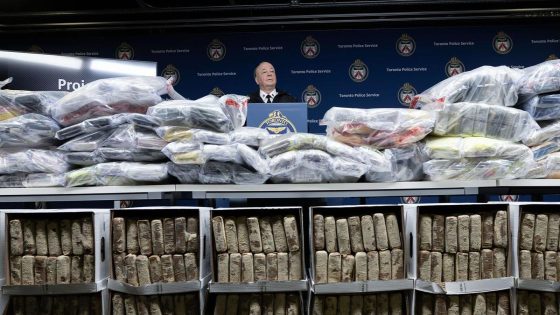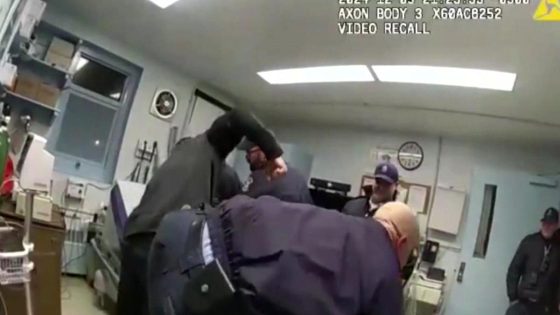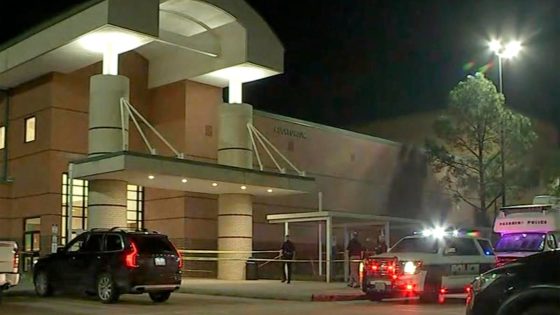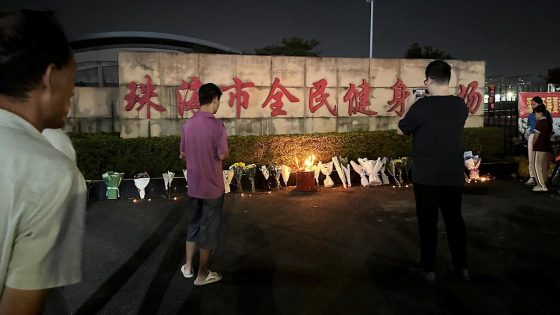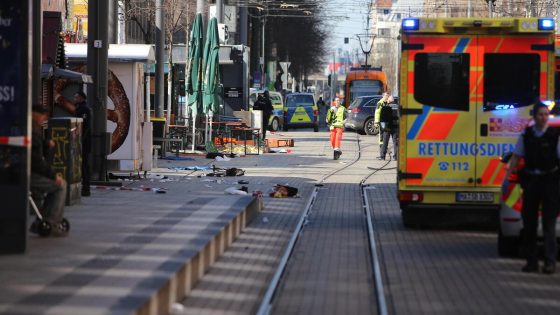In a stunning display of law enforcement prowess, Canadian authorities announced on Tuesday the seizure of an astonishing 835 kilograms of cocaine, worth an estimated $83 million, believed to be linked to the infamous Jalisco New Generation cartel. This operation marks the largest drug haul in Toronto’s history, shaking the city’s already troubled landscape of drug trafficking.
- Canada seized $83 million cocaine shipment
- Linked to Jalisco New Generation cartel
- Largest cocaine haul in Toronto's history
- Part of Project Castillo investigation
- Six arrests made in drug operation
- Fentanyl linked to 70,000 US overdose deaths
On September 20, 2023, officers from the Toronto Police Service, acting under the umbrella of an extended investigation dubbed Project Castillo, intercepted a massive shipment of cocaine that had been concealed within a truck. Alongside this discovery, they found additional caches of the illicit drug stored in stash houses scattered throughout the city. According to statements from police officials, the seized shipment is part of a broader transnational drug trafficking operation that reportedly originated in Mexico—a nexus point between the chaos of cartel violence and the ongoing crisis of drug-related deaths in North America.
Toronto Police Chief Myron Demkiw spoke emphatically about the impact of this significant seizure. “Getting 835 kilograms of cocaine off our streets will make a huge difference for the well-being of our communities,” Demkiw stated, underscoring the pervasive threat the Jalisco cartel poses not only to Toronto but across the entirety of Canada. The chief’s remarks were underscored by the realities on the ground, where fatalities from fentanyl overdoses have reached alarming rates, largely exacerbated by the influx of drugs from powerful drug trafficking organizations.
The Jalisco New Generation cartel, known for its violence and innovation in drug smuggling, has increasingly turned to methods that disguise deadly substances like fentanyl in counterfeit prescription pills, causing an estimated 70,000 overdose deaths annually in the United States alone. As the investigation into Project Castillo unfolds, it appears to lay bare the intricate ties between drug distribution networks and their far-reaching consequences.
In a coordinated effort, authorities arrested six individuals involved in this operation, including two Mexican nationals who had legally entered Canada, as well as four Canadians. Unsettlingly, arrest warrants have been issued for three more suspects—two Mexicans and a 60-year-old Canadian grandparent from Niagara Falls—signifying that this investigation is far from over.
“It’s not just about these drugs being here; it’s about the lives that they touch,” said a neighborhood advocate, reflecting on the ripple effects of drug-related violence and addiction throughout communities. As law enforcement grapples with the challenges posed by these sophisticated drug syndicates, their efforts serve as a crucial line of defense against the ongoing public health crisis fueled by the opioid epidemic.
The investigation, which began in August, is expected to uncover further connections and reveal the broader implications of such a significant drug seizure, keeping authorities and community members alike on high alert. As the story unfolds, there is a palpable sense of tension in the air—anticipation of what lies ahead and a collective hope that the ongoing clampdown on drug trafficking will pave the way for safer streets and healthier communities.



